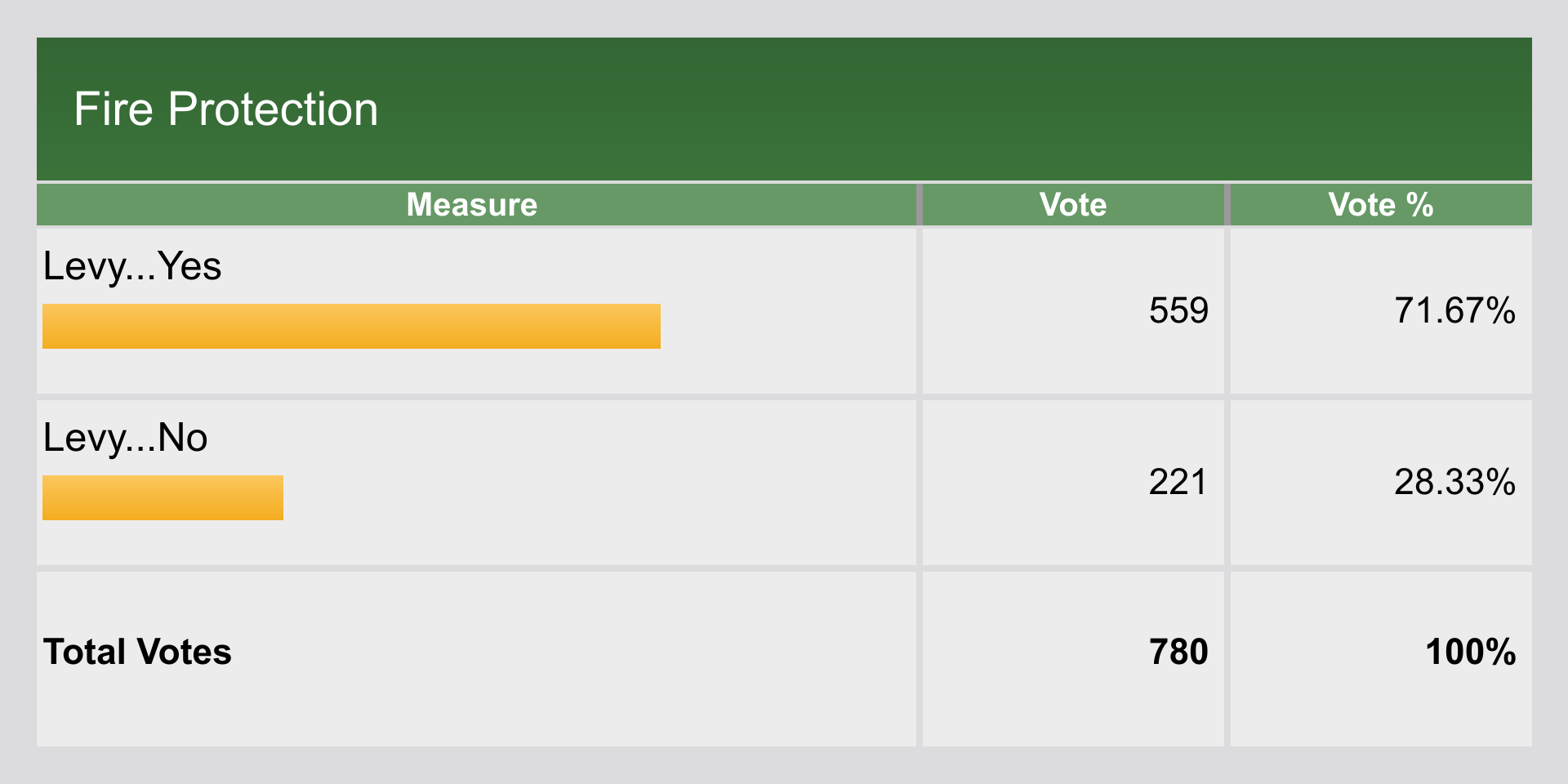Despite the coronavirus pandemic, a number of jurisdictions in Washington state had special elections that concluded on April 28th, and while the results won’t be certified by the counties involved until May 8th and won’t be certified by the state until May 19th, the returns so far suggest Washingtonians understand the importance of investing in the public services that make our communities strong.
A number of school levies were up for consideration, with the Woodland and Kalama school districts currently passing their operations and capital levies, and the Orting School District currently passing their operations levy.
The voters of the North Mason School District, however, have voted down their capital levy by seventy-eight votes out of 5,200 cast, and eighteen teaching positions are likely to be lost as a result.
The Soap Lake School District currently has a split decision after initially rejecting both propositions, voting for one to pay for music, sports, technology and extracurricular activities (by nine votes of six hundred and fifty-seven cast) but currently voting against the second to upgrade the district’s bus garage and improve the heating and air conditioning system at the middle school and high school buildings (by thirty-one votes of six hundred and sixty-seven cast).
As many of these levy votes had been attempted and failed back in February, their success the second time around in most cases is quite encouraging.
There were also a number of fire protection levy measures throughout the state, with successful outcomes in Douglas, Garfield, and Okanogan counties, as well as a levy lid lift for the volunteer fire department in Cle Elum in Kittitas County.
In Royal City, a vote to merge Fire Protection Districts #10 and #11 is also passing, by a substantial margin. Fire districts in Mason County also did well, with two Emergency Medical Services levies passing handily, but a property tax levy for Fire Protection District #16 passing by only 33 votes of 753 cast.
The town of Pateros in Okanogan County is currently rejecting, by six votes of one hundred and six cast, renewing a levy for emergency medical services that would cost 50 cents for every $1,000 of an assessed property’s value.
A one-year levy for a Public Hospital District that serves both Okanogan and Douglas counties is currently handily passing.
Voter turnout in most cases was relatively strong despite the pandemic, with most counties seeing turnout above forty percent. The exceptions were Grant, Kittitas, and Douglas counties, which are all quite rural.
It’s these often unnoticed votes that make the difference with respect to Washingtonians’ quality of life. Because our tax code is so upside down and because local jurisdictions are frequently left to fend for themselves with limited revenue authority, successful local ballot measures are needed to keep essential public services operational and healthy. Hopefully, that won’t always be the case, because budgeting by referendum is not a sound fiscal practice.

